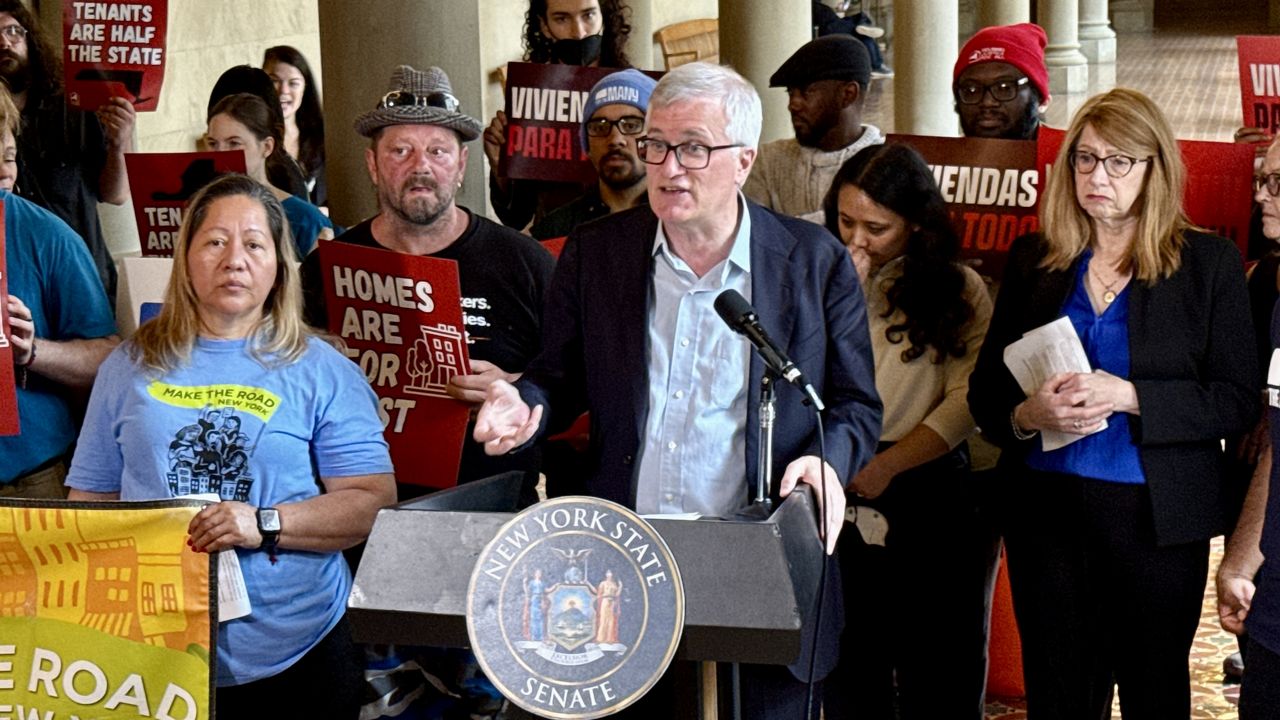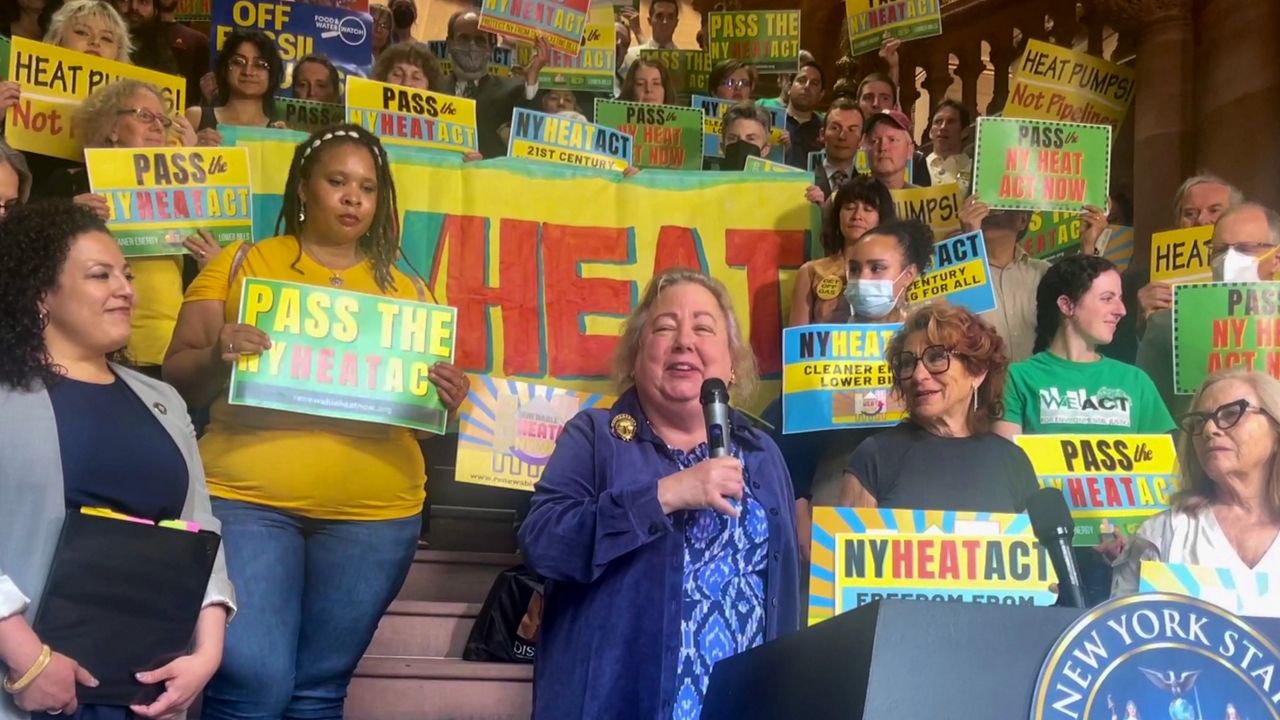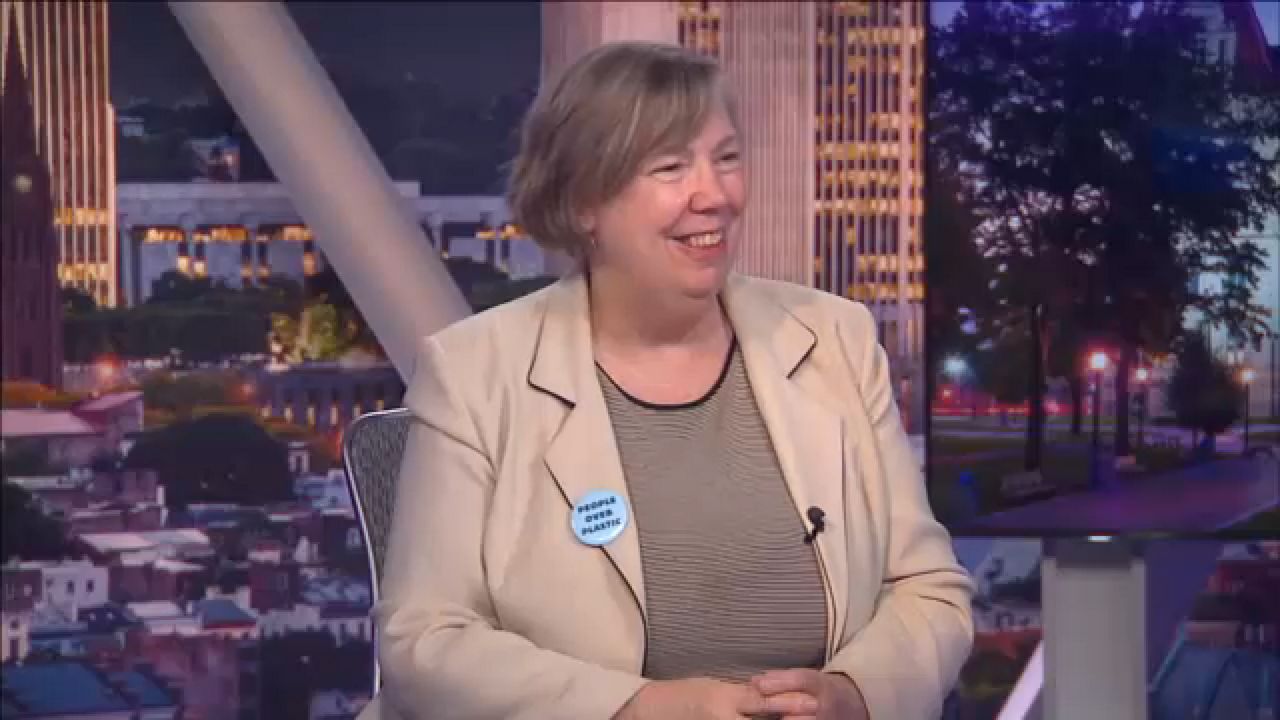Cannabis growers and retailers will be able to start applying for permits to sell recreational marijuana products at certain venues and public events in the coming days, officials said, after the state Cannabis Control Board voted Wednesday to expand where farmers legally sell their products.
The change is an effort to help farmers with an overbundance of cannabis sell their supply before it expires. Many have cannabis flower and products from last season that amassed in stock with few open dispensaries statewide.
"It is taking, you know, roughly four and a half to six months for our licensees to go from getting the license issue to opening their stores," said John Kagia, the state Office of Cannabis Management's director of policy. "And because of that delay, we have fewer stores open than we need to serve the very strong demand in the state and to work through the product that our cannabis growers have produced."
Three licensed growers must partner with a licensed adult-use retailer to facilitate sales at these events, which the state nicknamed Cannabis Grower Showcases. The requirement for three licensed growers to participate is intended to limit illegal sales.
The events can only take place with municipal approval, before the Office of Cannabis Management reviews and decides to issue a permit for onsite sales.
"This will allow the growers to both showcase their products with consumers ready to buy through the affiliated retailer at that event, and we think it's an a tremendous opportunity for legal cannabis to be accessed by consumers in the parts of the state, which are currently either unserved or underserved by retail dispensaries," Kagia said.
Cannabis Association of New York board member Brittany Carbone is a licensed cultivator in the Southern Tier at Tricolla Farms. She's pleased with the change and said it will alleviate many farmers' concerns, but said sales at events alone won't solve the problem.
"It's really a Band-Aid, right? It's a stop-gap for these issues," she said Wednesday.
The events will also connect retailers with more farmers and allow customers to meet the person who grows their marijuana products.
But Carbone says nothing will replace the opening of more stores to balance supply and demand — the model cannabis growers want.
"That was the kind of business model that we signed up for that we kind of built our infrastructure for and we're really prepared to take on," she explained.
During Wednesday's Cannabis Control Board meeting, member Jennifer Gilbert Jenkins advocated for OCM to release detailed guidance and regulations to ensure farmers get priority at events that will allow marijuana sales.
"What we don't want to see are the brands from the processors that have all these different products, all different types of varieties that they're able to produce with a processor license compared to the flower and pre-rolls that we're limited to as cultivators," Carbone said.
Kagia says the department is expected to finalize the guidance Wednesday and start accepting permit applications by the end of the week.
The latest state budget included $5 million to hire 37 additional OCM staff to help crack down on hundreds of pop-up dispensaries illegally selling marijuana statewide.
Officials said Wednesday 10 people are going through the hiring process. While that continues, their enforcement workload, and where, remains unclear. The department is budgeted to have a total of 64 full-time enforcement employees. OCM is actively recruiting for these positions and candidates are in the hiring process, according to a spokesman with Gov. Kathy Hochul's office.
"Even as we continue to very aggressively build up our retail environment, we're working to expand our enforcement actions against the unlicensed unregulated operators across the state," Kagia said.
Illegal storefronts OCM has held some penalty hearings, decisions were issued in the first round ($10k penalties), but nothing has been collected yet. DTF has not yet assessed any cannabis penalties.
During the meeting's public comment period, Assemblyman Harvey Epstein pleaded with board members to hire enforcement staff more quickly and close illicit shop doors.
Officials with OCM and the state Department of Taxation and Finance have inspected 53 illegal dispensaries across the state over the past several months, seizing more than $20 million worth of product, Kagia said. The products may be tested, but will not be sold, he added.
Many penalties have been issued starting at $10,000 per day, increasing up to $20,000 depending on the conduct. OCM has held a few penalty hearings with some decisions issued in the first round of $10,000 fines, but the state has yet to collect any of the money. The Department of Taxation and Finance has not assessed any cannabis penalties to date, according to the governor's office.
With the federal lawsuit settled that stunted the opening of legal dispensaries for months in half the state, officials in the state Office of Cannabis Management and its control board are working to make up for lost time.
The board also nearly doubled the amount of issued adult-use retail licenses Wednesday to increase the number of dispensaries in the state as New York's industry slowly comes online.
The additional 212 Conditional Adult-Use Retail Dispensary licenses, given to people or relatives of New Yorkers with former marijuana convictions, brings the total number of awarded licenses to 463 of nearly 1,000 program applicants.
The board had issued 251 licenses before Wednesday. Only 20 legal recreational dispensaries are currently open and selling state-regulated marijuana in New York, or about 7% of licensees.
Vladimir Bautista's license was finalized to open his shop Happy Munkey in Midtown Manhattan in the coming months.
He started consuming and selling cannabis as a preteen growing up in Harlem. He recounted being arrested at least 22 times and spent several years in jail for selling cannabis before it was legalized.
"Now people like me gets to create generational wealth, gets to uplift our communities, and most importantly, for the industry as a whole," Bautista said. "We get to bring all this experience knowledge and consumers of the planet to the legal market."
Bautista argues imposing fines is the best way to crack down on illicit retailers to prevent undoing the progress in
"Me and my partners and my team altogether had over 100 years of legacy experience before we went legal," Bautista said. "I'm gonna be honest — I am not against the legacy people. The issue I have is 80 to 90% of all the [illegal] shops are not legacy. They're opportunists that never cared about cannabis until they went legal two years ago and are just taking advantage of a loophole."
The state Dormitory Authority is tasked with helping licensed retailers secure a location to open their dispensary, which a business owner must submit to the department for approval. Several CAURD license holders have said they have not heard from DASNY for guidance or assistance in finding a suitable dispensary site. Licensed cultivators alike say they've heard similar issues from aspiring retailers, delaying the opening of their business.
Board members Wednesday announced a public search tool will soon go live on DASNY's website to allow CAURD licensees to receive a preliminary proximity assessment of potential retail dispensary locations to open their business.
DASNY would not provide details on when the tool will become available.
The Cannabis Control Board also voted to approve emergency regulations to protect hemp products sold in the state and prevent sales of high-potency marijuana products in bodegas and other businesses not regulated by the Office of Cannabis Management. Hemp products have a maximum of 0.3% of THC, or the chemical compound in marijuana that makes a person feel high, and do not cause intoxication.








_Pkg_CP_Hochul_Trump_DOT_CG_133247410_434)

